The Dungeons & Dragons players who want to go on adventures in Middle-earth can now do so without learning a new system, as The Lord of the Rings Roleplaying uses the familiar 5E rules, with a few tweaks to adapt it to the setting. This isn’t to say that it’s just a 1:1 conversion with some names altered, as significant changes were made to the character classes to ensure that you don’t have warlocks running around using Eldritch Blast on the armies of Isengard.
Related: Dungeons & Dragons: Starting Tips For New Players
D&D Character Classes Are LOTR Callings (And They Only Go To Level 10)
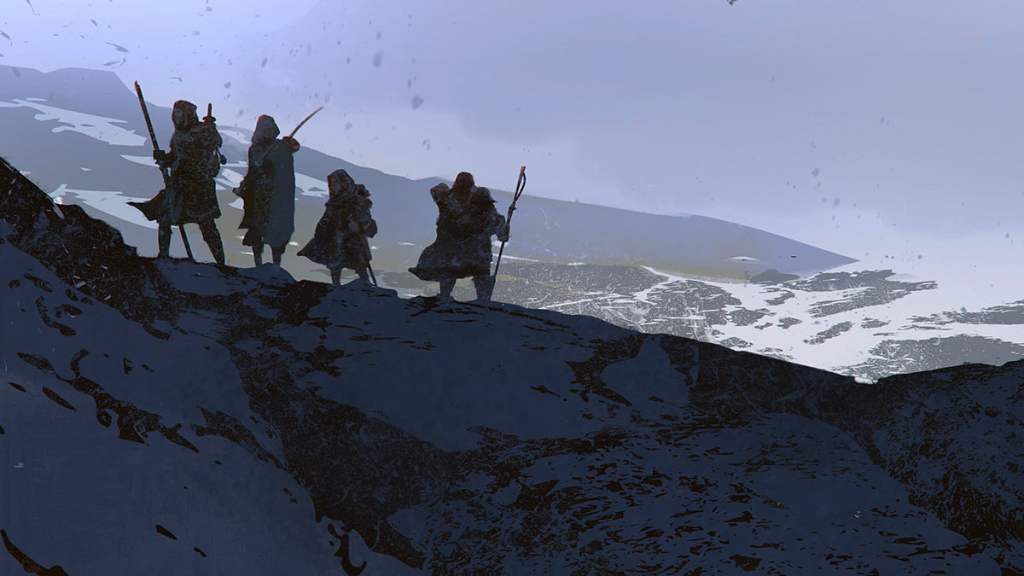
It’s certainly possible to slot in the D&D 5E character classes to The Lord of the Rings Roleplaying, but the core rulebook features six new ones that better fit the tone of the setting. These are referred to as “callings” rather than character classes, and they’re much more general in theme than the options presented in the Player’s Handbook.
The other significant change in The Lord of the Rings Roleplaying is that the callings only go up to level 10, with Proficiency Bonus, subclass features, and Feats (renamed Virtues) condensed to match this smaller progression table. The adventures in Middle-earth don’t scale like the Dragon Ball Z-style stories of high-level D&D campaigns, so this decision makes sense.
D&D Spells & Spell Slots Are Out (But Crafting Is In)
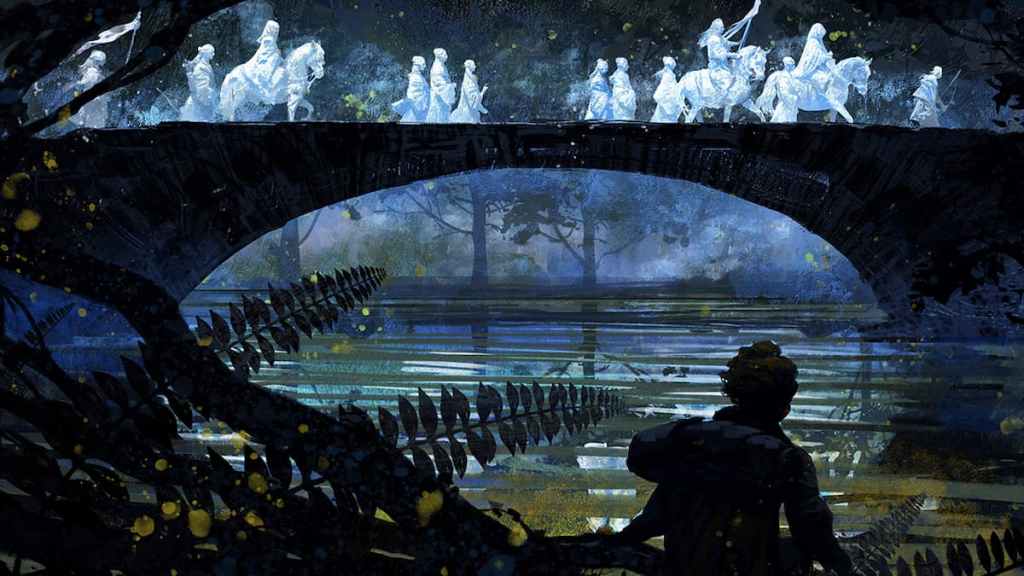
Magic is prevalent in the D&D multiverse, with all of the base classes having some choice that can allow them to cast spells, usually through a subclass or Feat. This isn’t the case in Middle-earth, where magic is more subtle, at least the kind practiced by those who aren’t angelic beings (like the Istar, such as Gandalf and Saruman.)
To keep with the tone of the setting, The Lord of the Rings Roleplaying doesn’t have spell slots or spells. Instead, some characters can use powers known as Crafts, which fill a similar role. The Craft effects tend to be subtle, like being able to communicate with animals, so don’t expect to be shattering the Bridge of Khazad-dûm or summoning water horses any time soon.
How D&D Classes Correspond To LOTR Callings
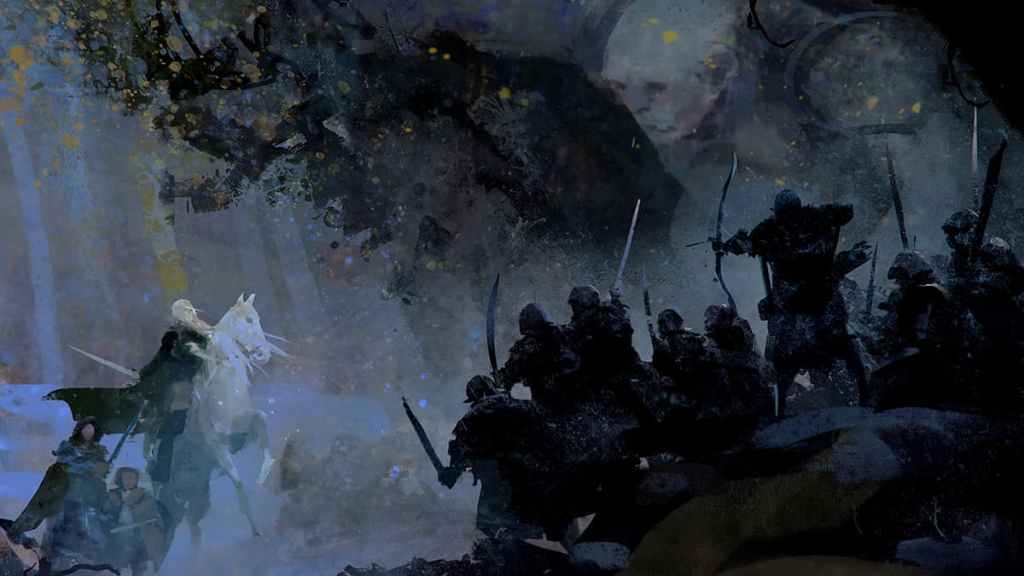
While not exact matches, the six callings in The Lord of the Rings Roleplaying are similar to D&D 5E Player’s Handbook classes.
- Captain – A warrior who leads others into battle and commands their allies from the frontlines. The Captain closely resembles the Paladin, thanks to the buffs they provide to combat allies, which are tied to their Charisma score.
- Champion – A warlord who specializes in slaying enemies with brute strength or razor-sharp accuracy. The Champion resembles the Fighter, with hints of the Ranger and the Barbarian in their subclasses.
- Messenger – A traveler who braves the most dangerous corners of Middle-earth to pass vital knowledge between rulers. The Messenger mixes the defensive traits of the Barbarian with the offensive traits of the Rogue.
- Scholar – An academic who has spent their life pursuing ancient knowledge and uncovering the mysteries of magic. The Scholar is the closest thing to a spellcasting class in The Lord of the Rings Roleplaying, though it’s closer to the Bard, thanks to its healing and skill-based powers.
- Treasure Hunter – A burglar who hides in the shadows and uses their wits and agility to evade their foes. The Treasure Hunter is the Rogue of The Lord of the Rings Roleplaying.
- Warden – A scout of the most dangerous lands in Middle-earth and one who is dedicated to fighting the darkness. The Warden is the Ranger of The Lord of the Rings Roleplaying, which makes it a highly-prized calling, considering how much wilderness needs to be traversed in this setting.
LOTR Callings Must Resist The Shadow Path
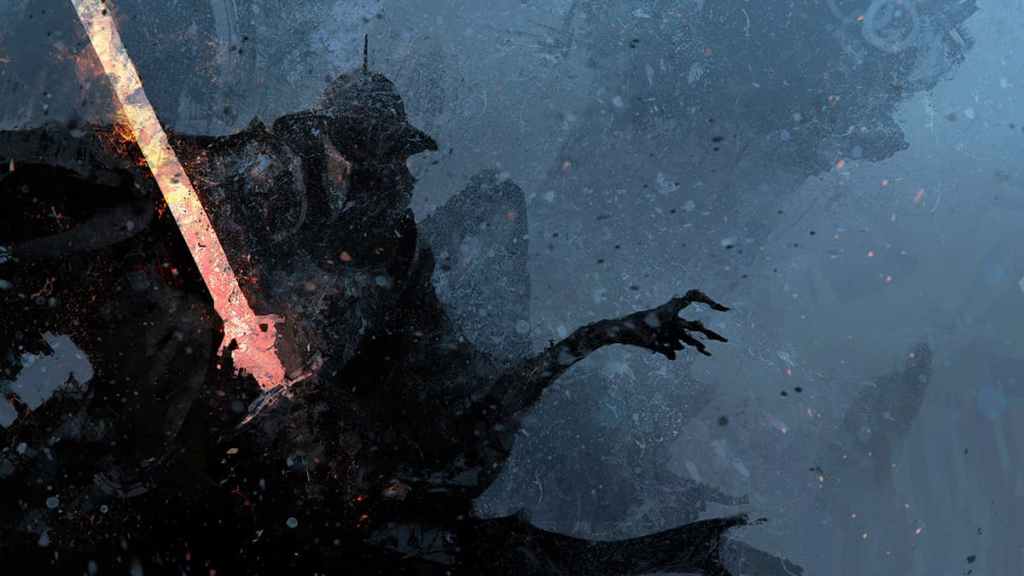
One unique mechanic introduced in The Lord of the Rings Roleplaying is the Shadow Path. Each calling has a Shadow Path, which determines the changes to their personality as they become burdened over their adventures. This system has similarities to Vampire: The Masquerade’s Humanity mechanic, and it’s a fantastic addition to the game.
Players can accumulate Shadow Points throughout LOTR Roleplaying by witnessing evil events or participating in them. These affect the callings in different ways: the Captain is overcome with ambition; the Champion loses control of their anger; the Wanderer succumbs to madness; the Scholar seeks out dark secrets; the Treasure Hunter becomes obsessed with wealth; and the Warden loses themself to despair against their seemingly unstoppable foe.
There are ways to remove Shadow Points in The Lord of the Rings Roleplaying so players aren’t burdened with them throughout a campaign, such as through resting in safe havens. They offer lots of excellent opportunities for roleplaying, so players might enjoy their trip to the dark side as long as they can claw themselves back from the brink and resist the temptations of Sauron.
Related: Dungeons & Dragons: New Player Guide To Fighters
The callings in The Lord of the Rings Roleplaying aren’t as flashy or bombastic as the D&D character classes, but they fit their setting, which is much more important for a campaign based in Middle-earth. Your character might not be throwing out fireballs or teleporting around the battlefield, but that means they don’t have the crutch of magic to fall back on when they get in trouble.

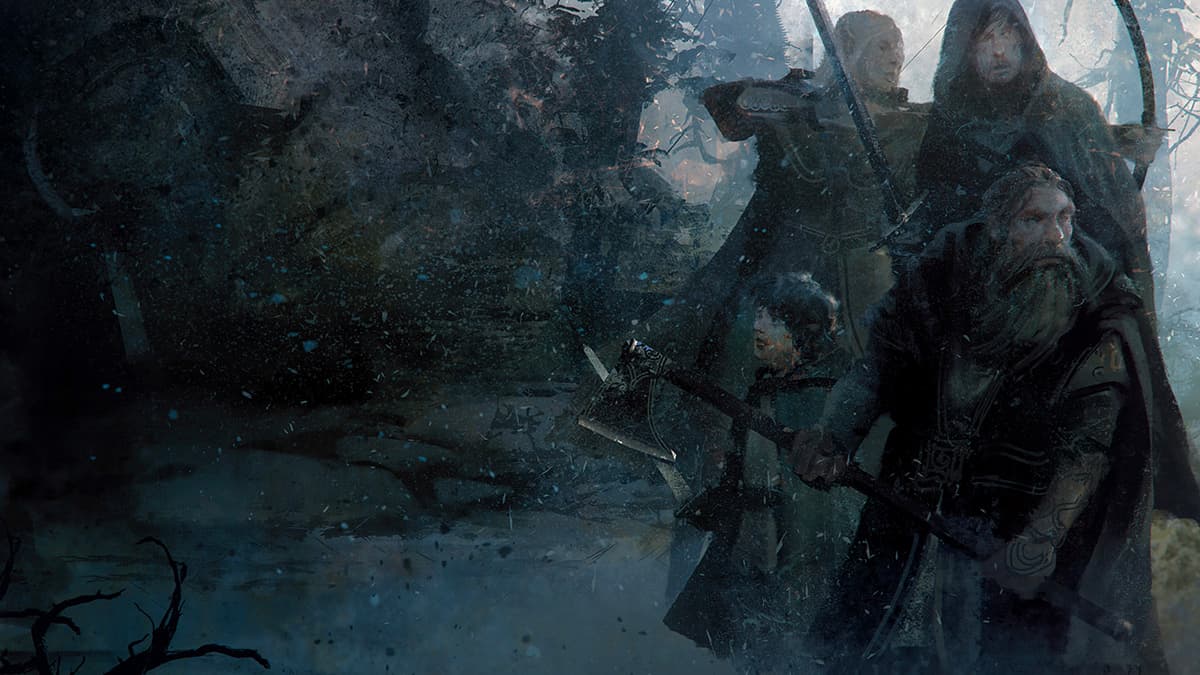


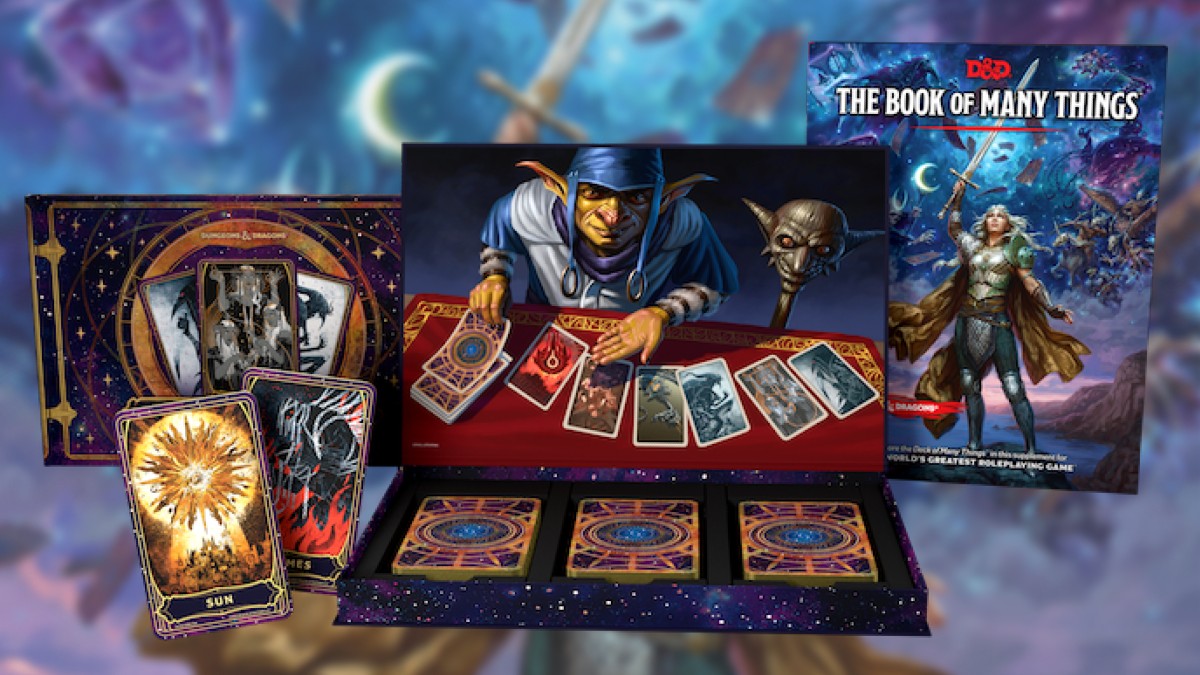
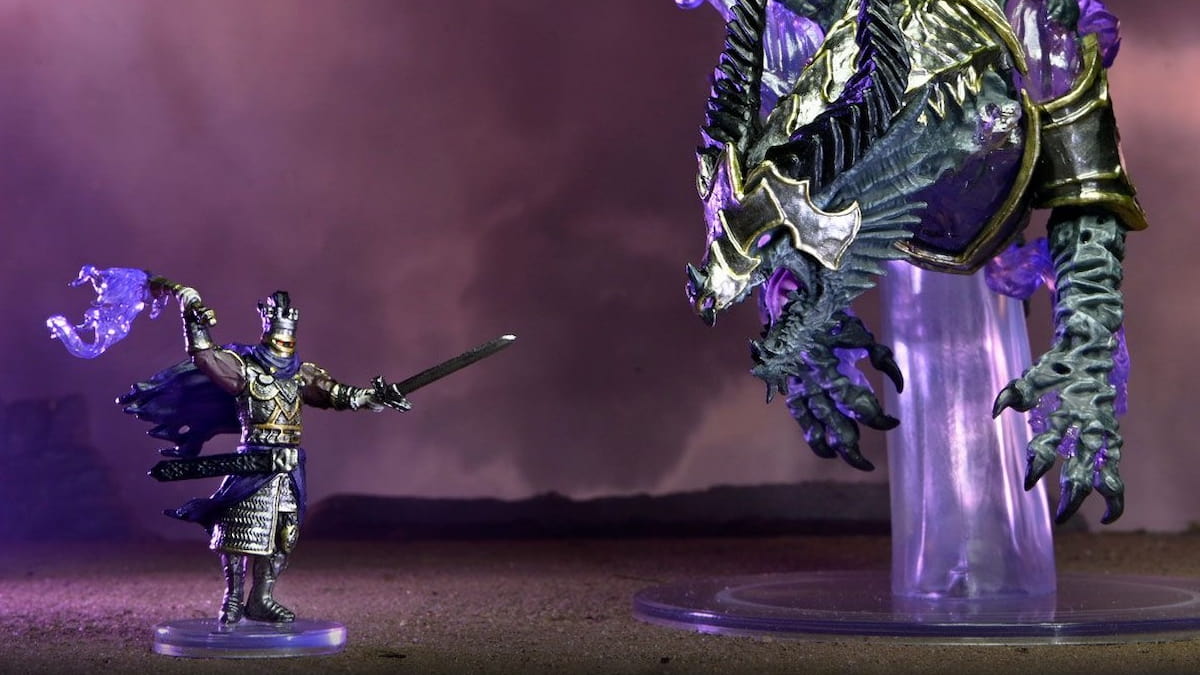
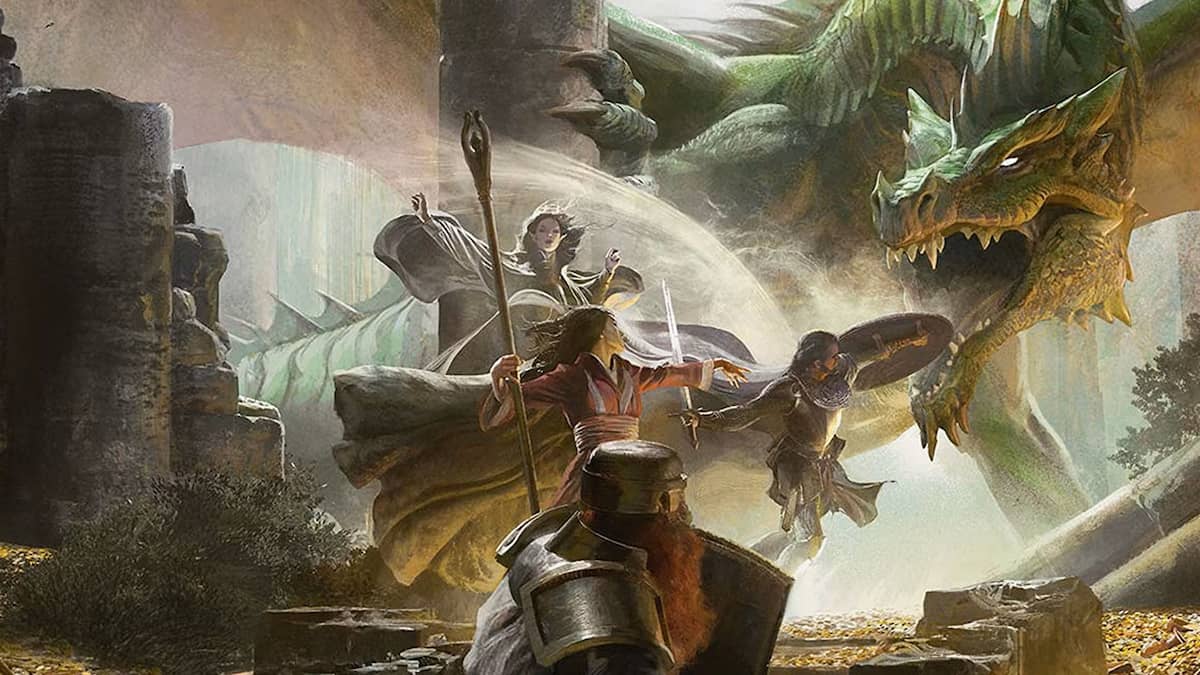
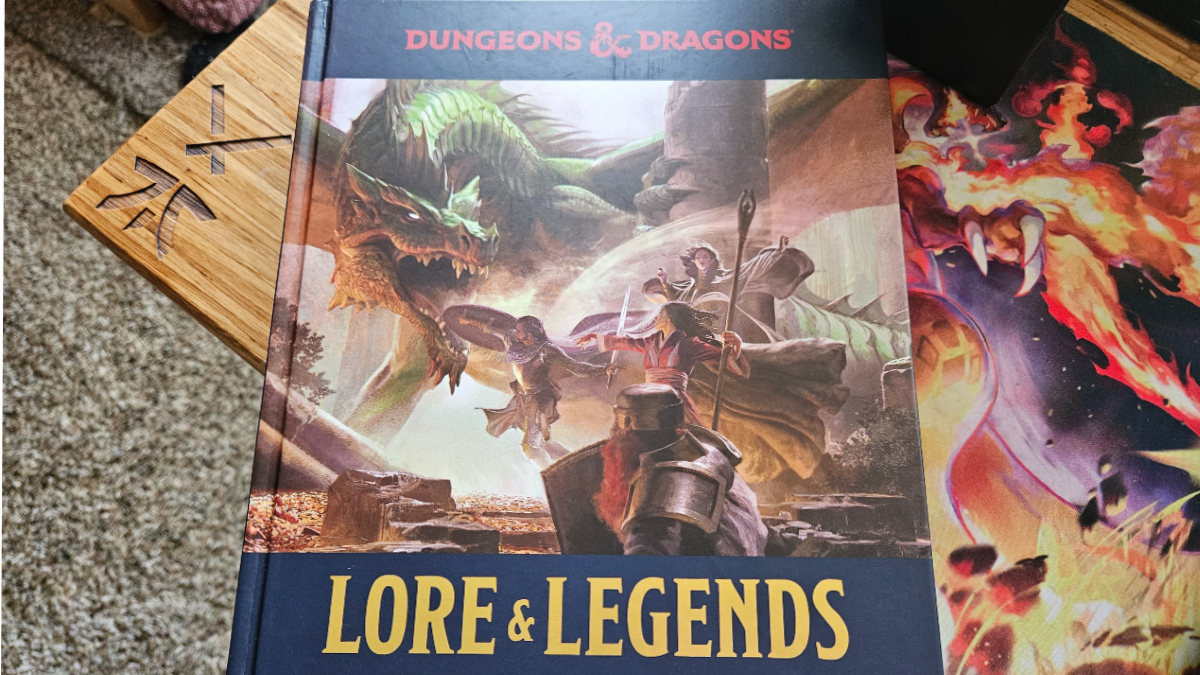
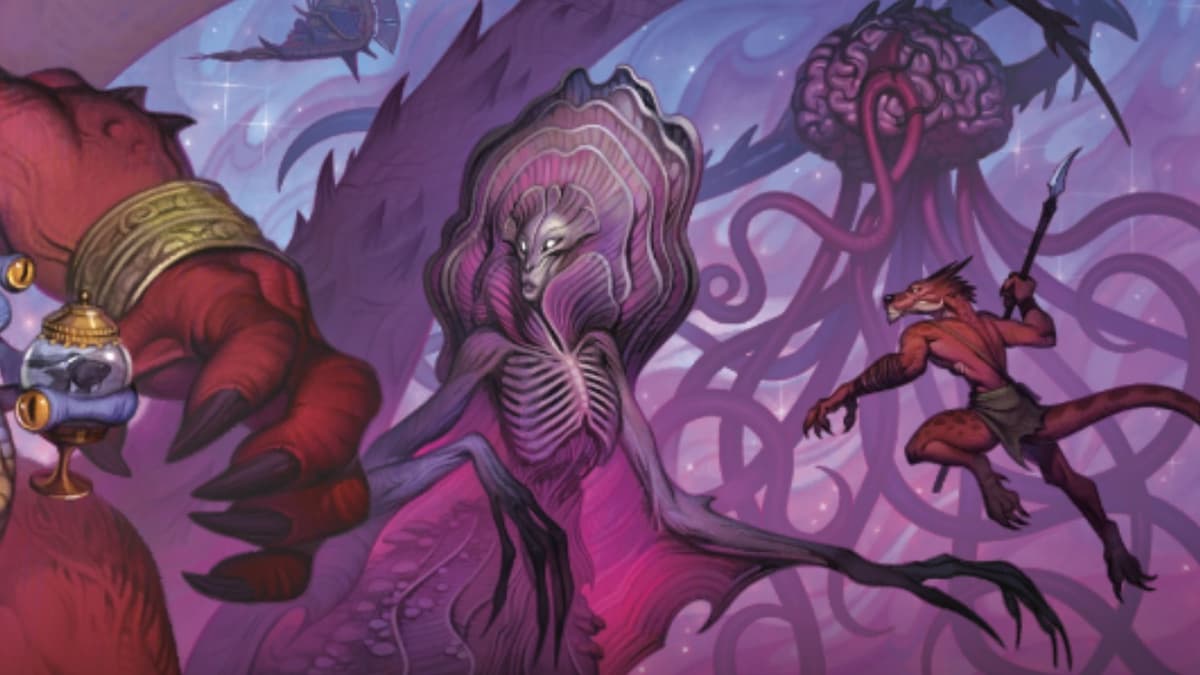
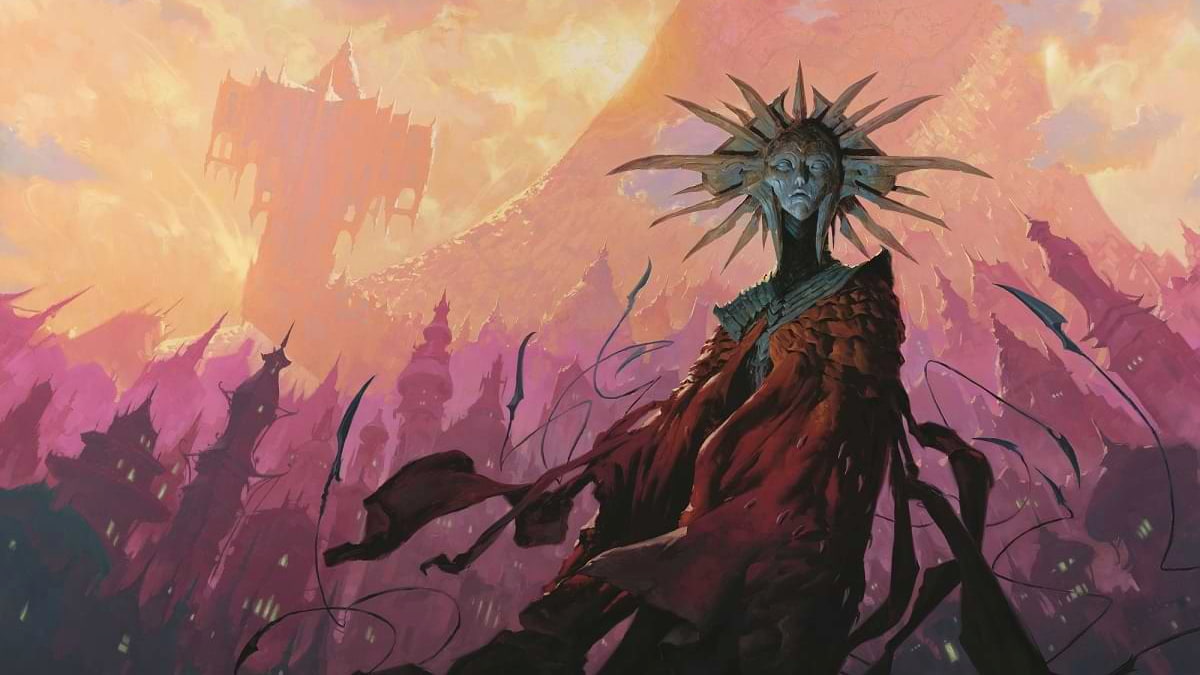
Published: May 16, 2023 04:24 am